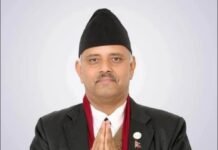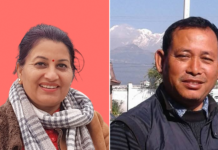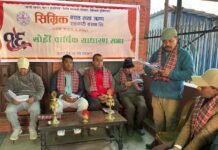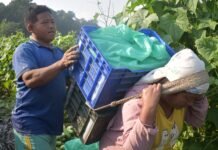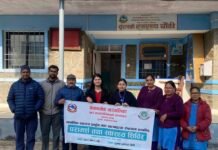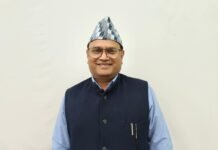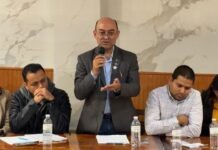Munich, Germany
The 25th International AIDS Conference, the world’s largest gathering of people living with, affected by, and working on HIV, has officially kicked off in Munich, Germany, with a mix of hope and warning.
More than 10,000 participants are expected to attend the conference, which takes place from July 22-26, 2024.
The conference has seen incredible breakthroughs, including the announcement of a 7th known individual cured of HIV and a successful trial of a twice-yearly HIV prevention shot. However, leaders are warning of growing threats to progress, including rising global authoritarianism, attacks on science, and threats to global health funding.
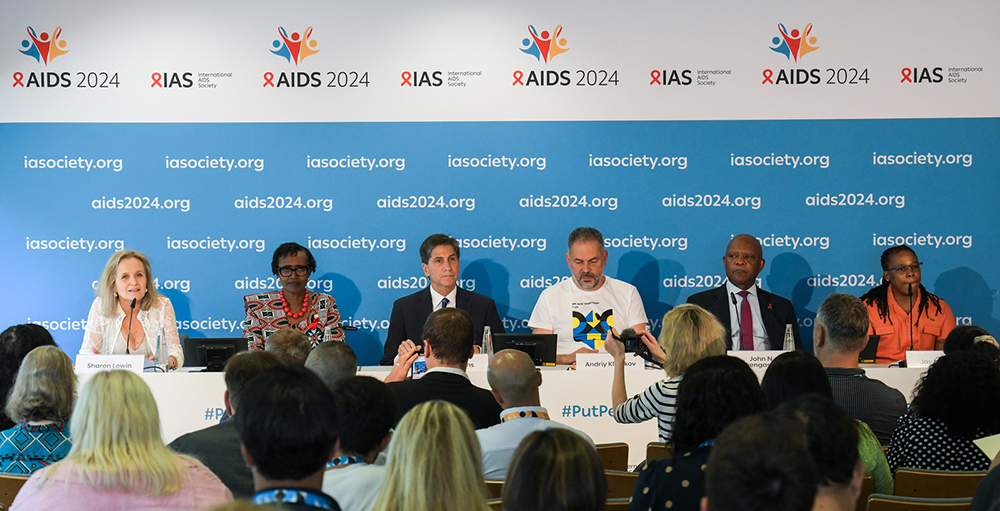
Sharon Lewin, IAS President, Winnie Byanyima, UNAIDS, Chris Collins, Friends of the Global Fight, Andriy Klepikov, AIDS 2024 Co-Chair, Alliance for Public Health, John N. Nkengasong, U.S. Global AIDS Coordinator. (Courtesy)
International Aids Society (AIS) president and international co-chair, Sharon Lewin, on Monday said while the advances are a cause to celebrate, science doesn’t happen in a vacuum.
“All around the world, regressive policies, attacks on human rights, the spread of misinformation, cuts to global health funding and waning trust in international institutions are roadblocks to progress,” she said.
The theme of AIDS 2024 calls on the global community to “Put people first!” which according to Lewin means people living with and affected by HIV must be not just beneficiaries but actors driving efforts to end the epidemic.
UNAIDS executive director, Winnie Byanyima, underscored the urgency of driving efforts to achieve global targets, citing the 2023 UNAIDS Global AIDS update. Despite targets to reduce new HIV infections to below 370,000 by 2025, the number remains more than three times higher, at 1.3 million new infections in 2023.

Sharon Lewin, the International Aids Society (AIS) President and UNAIDS Executive Director Winnie Byanyima at the official Opening press conference of AIDS 2024. (Courtesy)
“The new data UNAIDS released earlier today shows that success or failure will be determined by the actions taken this year,” Byanyima said on Monday.
Byanyima called on leaders to take three critical steps: Resource the response, get long-acting treatment and prevention options to all low- and middle-income countries, and break down discrimination and stigma.
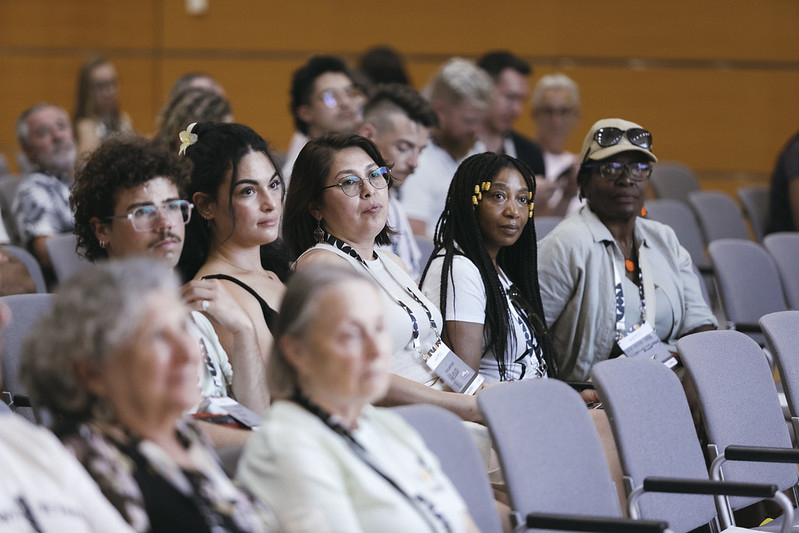
More than 10,000 participants are expected to attend the conference which takes place from July 22-26. (Courtesy)
The conference is expected to also highlight the critical role of disease-specific funding programmes in the current political environment.
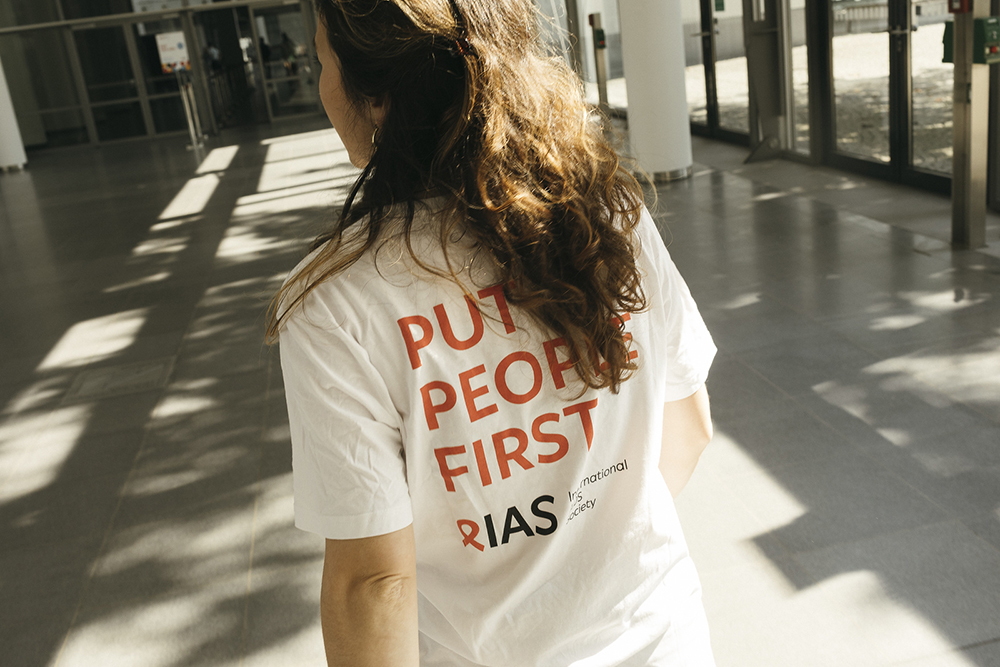
(Courtesy)
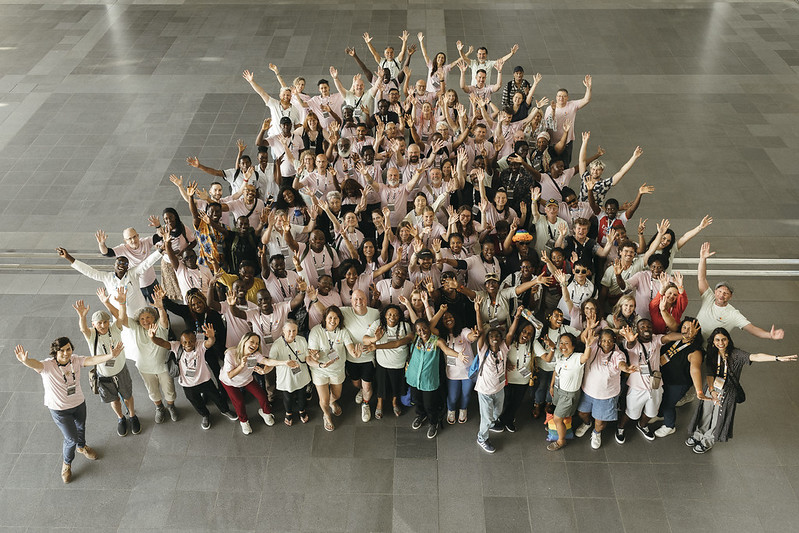
Chris Collins, the president and CEO of Friends of the Global Fight Against AIDS, Tuberculosis and Malaria, warned that backtracking on commitments to AIDS, TB, and malaria would result in disease resurgence and squandered opportunities to end the deadliest infectious diseases.
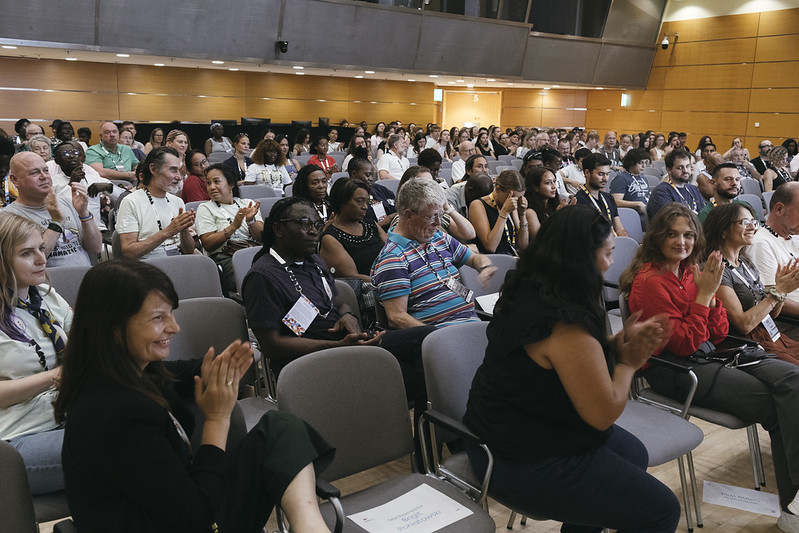
More than 10,000 participants are expected to attend the conference which takes place from July 22-26. (Courtesy)
Experiences and concerns
Other leaders, including Ukrainian public health leader Andriy Klepikov and Ugandan advocate Jay Mulucha, shared their experiences and concerns about the impact of harmful policies and the need for sustained momentum in the global HIV response.
Ruth Akulu, a Ugandan HIV/AIDS advocate, also used this platform to ask world leaders and funders to consider the Dual Prevention Pill where one can take just one pill to prevent them from HIV/AIDS and use the same pill for family planning. Ruth says many young girls often use and access family planning pills but find it hard to access PEP which puts their lives at stake of acquiring HIV.
As the conference continues, participants will discuss the latest scientific breakthroughs, share experiences, and call for action to end HIV and AIDS as a public health threat.from newvision










